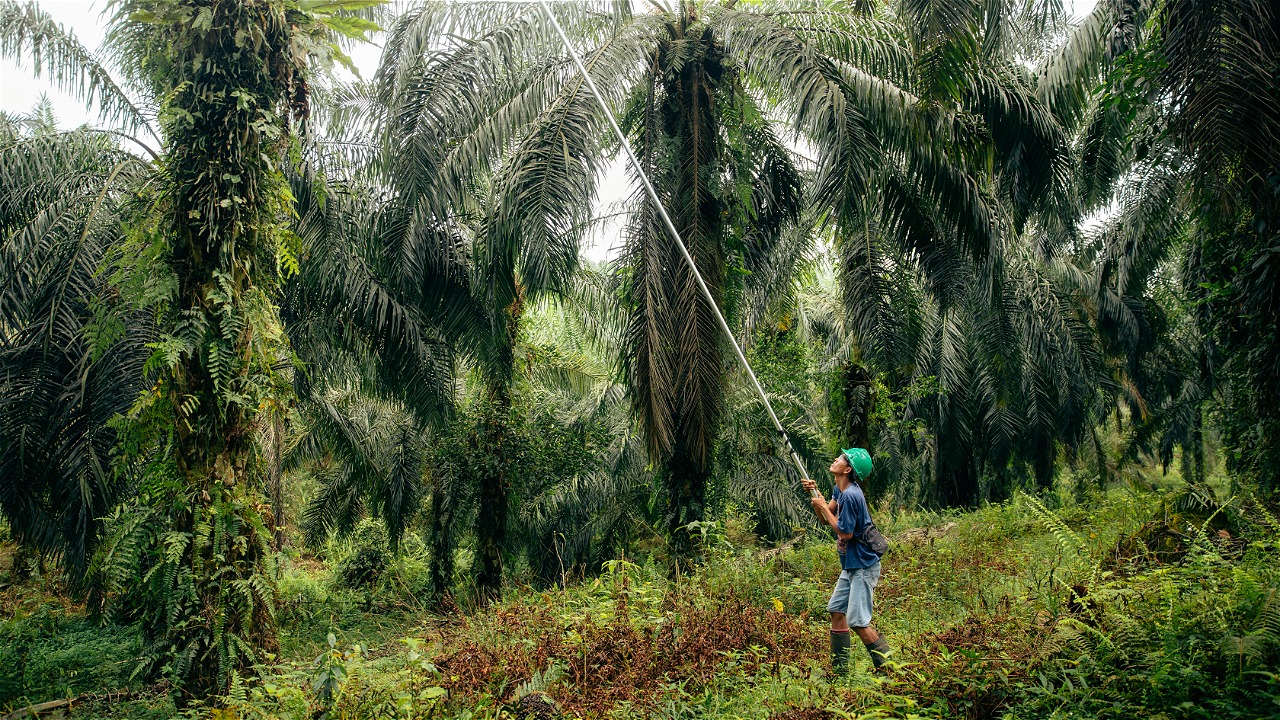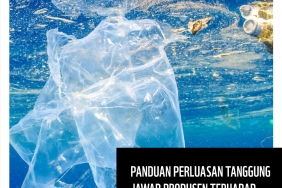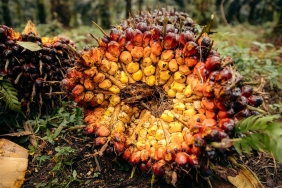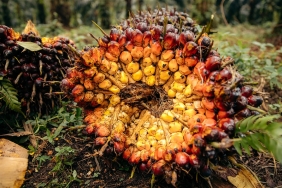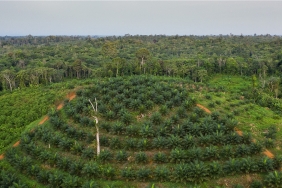WWF ENCOURAGES INDEPENDENT SMALLHOLDERS' COMMODITY DIVERSIFICATION
Sintang - WWF-Indonesia continues to seek solutions to a series of problems faced by independent oil palm farmers in Sintang Regency, West Kalimantan. Fluctuations in the price of fresh fruit bunches (FFB) are unstable and the length of the oil palm harvest period is a scourge for farmers.
To solve this problem, WWF tries to encourage farmers to expand their business with other commodities. This is considered to be an economic buffer for independent oil palm farmers.
Market Transformation Initiative Coordinator, WWF-Indonesia West Kalimantan Program Muhammad Munawir said that independent oil palm farmers cannot rely on their family's economic coffers solely on palm oil. "It needs innovation through other commodities such as rubber," he said in a Focus Group Discussion (FGD) in Sintang, Monday (31/7/2017)
Nevertheless, Munawir did not dismiss the effort to develop other commodities is still based on local resources. For example, the availability of land, inputs, knowledge levels, and markets.
The strategy of institutional management of rubber farmers in Sintang is being discussed by WWF with partners from groups / centers, cooperatives, and rubber companies. "We are discussing improving the performance of institutions that coordinate the management and implementation of clean rubber production development plans," said Munawir. Social Economic Officer WWF-Indonesia West Kalimantan Program Faiza Libby S Lubis added, internally the existing rubber farmers' institutions are still not solid. "Starting from management to policies applied in the group," she said.
This is the basis for encouraging rubber farmers to develop an institutional management strategy. The context is the development of rubber production potential through a quality assurance approach.
Improving the quality of Rubber Processed Materials (BOKAR) based on the Internal Controlling System (ICS) and the development of the downstream rubber industry through institutional strengthening of rubber farmers, can be done using a development strategy. Among other things, fostering member initiatives, strengthening the role of rubber farmer institutions through member empowerment, farmer knowledge about intensification, joint marketing, and supervision.
Kapuas Hulu Barese Rubber Center Marketing Staff Yosef Unja said that in addition to product quality, improving the quality of human resources who are members of the group is no less important. "Good product quality is determined by good internal institutional management," he said while sharing his knowledge with the discussion participants.
Walizar, Purchasing Manager of PT Kirana Prima fully supports the implementation of ICS on BOKAR produced by rubber farmers. "This can increase competitiveness, both in terms of quality and price of BOKAR products in accordance with the standard criteria for rubber products that we market," he explained.
To develop ICS, farmers must bind themselves in an organization. Fellow members must agree, compile, and fulfill standard procedures that have been compiled together, coordinated by inspectors. It is this ICS scheme that will be developed to support the improvement of the welfare of palm oil farmers in Sintang.
Contact Person:
Lia Syafitri (Communication Coordinator of WWF-Indonesia West Kalimantan Program)
PHONE: +62 812 6734 743 | Email: lsyafitri@wwf.id
For more information, please contact:
Muhammad Munawir (Market Transformation Initiative Coordinator)
WWF-Indonesia West Kalimantan Program
Jl. Karna Sosial Gg. Wonoyoso II No. 3 - Pontianak
PHONE: +62 81257 28740 | Email: mmunawir@wwf.id

